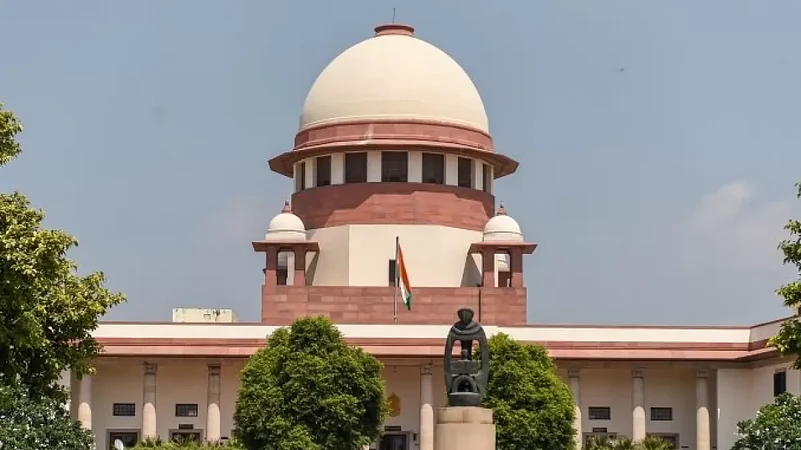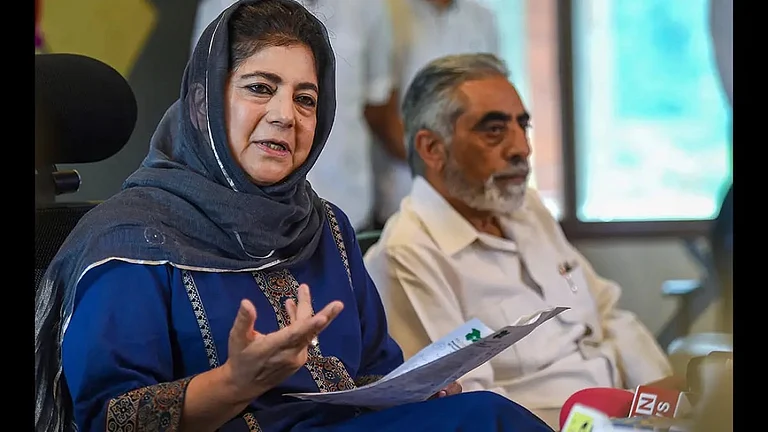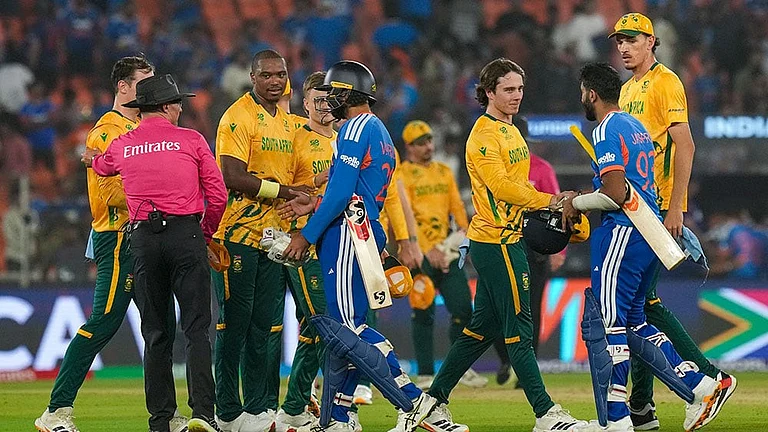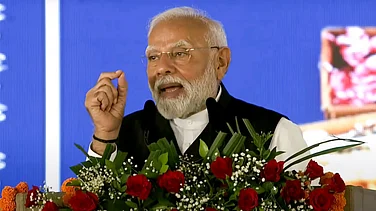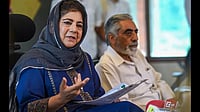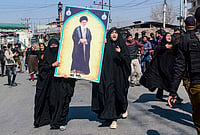Chief Justice of India DY Chandrachud said "One of the great hallmarks of democracy (is) civilian control over the armed force" as the Supreme Court on Tuesday refused to deploy the Indian Army and paramilitary forces in war-torn Manipur.
The Supreme Court had asked for suggestions to control the situation in Manipur to the parties in the matter on Monday.
Senior advocate Colin Gonsalves, representing some tribal groups from the state, on Tuesday, addressed the bench comprising of CJI, Justices P S Narasimha and Manoj Mishra and said that there were one-sided attacks against the tribal communities in the state.
According to the reports, CJI responded to the claim made by Gonsalves, he said, “This can’t be the tenor of suggestions. For instance, you are asking the court to direct the Indian Army and paramilitary to take particular steps. Frankly…in the last over 70 years, the Supreme Court has not given directions to the armed forces…. One of the great hallmarks of democracy (is) civilian control over the armed force. Let’s not breach that. That’s one of the strong points of this nation. We will not do that. We are not going to issue directions to the Army.”
Reportedly the bench later said in its order, “Petitioner seeks intervention of the court in the form of direction to Army and paramilitary forces to take such steps as are necessary to provide security in the villages (to come under further attacks)…. Maintenance of law and order (and) preservation of security of the state are essentially matters which fall in the executive domain. We are of the view that it would not be appropriate for this court in the exercise of its power of judicial review to issue specific directions in regard to the deployment of Army or paramilitary forces, which must be left to the state administration and the Union of India to oversee.”
The Centre and the state government were asked by the top court to “make sufficient arrangements to ensure the protection of lives and property of all citizens and residents of Manipur”.
Deploying Army and paramilitary forces
Listening to the request for security deployment in the trife-torn state of Manipur, the CJI said that for the court to get into “where exactly a battalion should be deployed…is very dangerous”. He further added, “We are…monitoring the situation. If it becomes necessary for us to pass some calibrated orders beyond what we have done, we will not fight shy of doing it, conscious as we are of the remit of judicial review”.
Solicitor General Tushar Mehta, representing the Manipur government defied some of the submissions by Gonsalves when he accused the Centra and the state governments.
According to the reports, the bench told Gonsalves, “These are allegations…. It’s a fact for you. It’s a matter of investigation eventually. The moment you say certain terrorist organisations are aligned with and protected by the state and Central governments, the SG is not going to accept and we will not be able to make any headway.”
The court sought an action taken report within a week and asked Mehta to look into the suggestions produced by the Zomi Students Federation representative advocate Mohammed Nizam Pasha.


